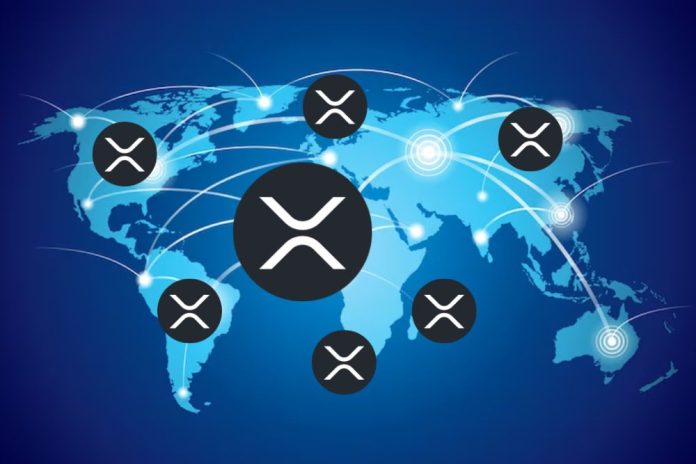Mickle (@xrpmickle), a well-known crypto expert on X, recently highlighted a significant development for the cryptocurrency ecosystem. Qatar National Bank (QNB) has integrated RippleNet, Ripple’s blockchain-based payment platform, into its international money transfer services.
This move positions QNB as a forward-thinking financial institution in the Middle East, leveraging cutting-edge technology to enhance customer experiences in cross-border transactions.
If banks won't use XRP, then why are banks using XRP?https://t.co/FS6jftQxRu
— mickle (@xrpmickle) November 1, 2024
A Step Toward the Future
According to the article referenced by Mickle, the bank now offers instant money transfers across five major currencies utilizing RippleNet’s infrastructure. A key feature of this service is the absence of a correspondent bank commission, potentially indicating the use of Ripple’s On-Demand Liquidity (ODL) service, though this remains unconfirmed.
The service supports transactions in Turkish Lira, U.S. Dollar, Euro, British Pound, and Qatari Riyal, with impressive transfer limits reaching up to 1 million Turkish Lira equivalent. Notably, these transfers can be completed within 1-3 minutes, representing a significant improvement over traditional cross-border payment methods.
Will QNB Adopt XRP
While the implementation doesn’t explicitly confirm the use of XRP cryptocurrency, the integration of RippleNet technology represents progress for the broader blockchain payment ecosystem. The absence of correspondent bank fees is particularly noteworthy, as this aligns with the cost-saving benefits associated with ODL services.
Mickle also highlighted this as a reason why the bank could adopt XRP. According to him, opting not to use XRP requires correspondent banking.
However, many in the community called out Mickle, as the article does not explicitly confirm XRP’s adoption. One user also noted that Ripple could use RLUSD to provide this service instead. He also noted that this has been in the works since 2021, but has not significantly affected XRP’s price.
We are on twitter, follow us to connect with us :- @TimesTabloid1
— TimesTabloid (@TimesTabloid1) July 15, 2023
The Benefits of RippleNet Adoption
QNB is a prestigious bank in the Middle East, and this integration has many advantages for the crypto market. The service’s 24/7 availability, high transaction limits, and rapid processing times, demonstrate QNB’s commitment to modernizing its international payment infrastructure.
These features align with RippleNet’s value proposition of providing efficient, cost-effective cross-border payment solutions. QNB’s implementation represents a practical application of blockchain technology in traditional banking, focusing on tangible benefits for end-users rather than speculative aspects.
The bank’s approach emphasizes accessibility, with services available through local branches, bridging the gap between innovative blockchain technology and conventional banking channels.
For the broader Ripple ecosystem, QNB’s adoption of RippleNet technology validates the platform’s utility in real-world banking applications. The success of this partnership also adds credibility to XRP’s potential role as a replacement for SWIFT.
Disclaimer: This content is meant to inform and should not be considered financial advice. The views expressed in this article may include the author’s personal opinions and do not represent Times Tabloid’s opinion. Readers are urged to do in-depth research before making any investment decisions. Any action taken by the reader is strictly at their own risk. Times Tabloid is not responsible for any financial losses.
Follow us on Twitter, Facebook, Telegram, and Google News



